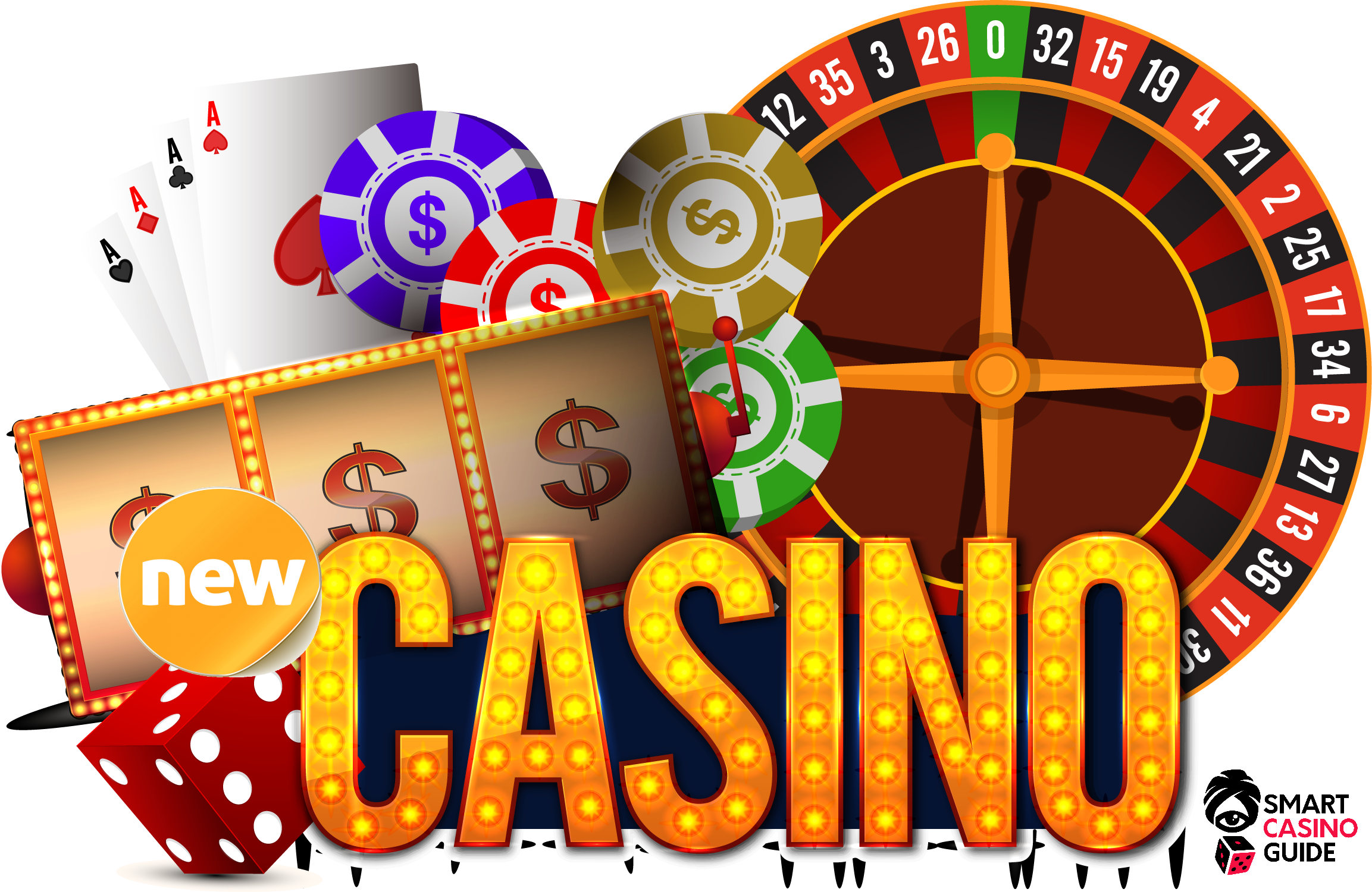
Casino activities have captivated players for decades, drawing them into a realm of adventure, fortune, and wealth. From the blinking lights of gambling machines to the tactical intensity of card tables, these activities offer a special mixture of entertainment and exposure. However, underneath the facade of this glamour and style lies a intricate relationship of calculations that influences every result and choice made within the gaming hall.
Understanding this connection between casino games and mathematics merely enhances the playing experience but can also help players make informed choices. Whether you are a occasional punter or a avid enthusiast, recognizing the math concepts at play can provide important insights into probability, odds, and strategies, finally influencing how one tackles these games of luck.
Mathematical Probability in Betting
In the sphere of gambling activities, mathematical likelihood plays a crucial role in determining outcomes and guiding player choices. Every activity has a unique set of rules and a specific likelihood framework that shapes its mechanics. For instance, in games like roulette, players must comprehend the odds of landing a specific number or color. The probability of certain events happening can be calculated, and this understanding can substantially influence betting tactics.
Gambers also need to be informed of the house advantage, which is the statistical benefit that gambling establishments hold over gamblers in the long term. This advantage differs across various games. In 21, expert players can use tactics to minimize the house edge to as little as one percent, while in activities like slot machines, the house advantage can be significantly greater. Comprehending the house edge allows gamblers to make educated choices about which games to play and how much to wager.
Additionally, likelihood is crucial in the principle of risk versus reward in betting. Each wager carries a specific danger factor, and players must consider the potential return against that risk. Activities like the poker game require gamblers to not only calculate the odds of their personal showing winning but also to assess the probabilities of their rivals’ showings. By utilizing mathematical principles to their gameplay, players can boost their chances of success and participate more effectively in the exciting world of casino games.
Expected Worth in Gambling Activities
When talking about gambling activities, one of the basic ideas rooted in math is the anticipated value. This statistical measure helps players grasp the possible results of their wagers over a period. In simple terms, anticipated worth (EV) calculates the average amount a gambler can anticipate to win or suffer per bet if they were to play the game many times. Each game has its unique EV, influenced by the probabilities and the casino advantage, which signifies the advantage that the casino holds.
For instance, consider a activity like roulette. The expected value can be calculated based on the particular wager made. If a player bets on a single number, the return is 35 to 1, but the true chances of success that wager are 1 in 37 (in European the roulette game). This results in a detrimental expected value, indicating that, on the whole, players will lose money over time when playing this kind of bet. xx88 Understanding this idea allows players to make better educated choices about which activities and bets may be less advantageous.
Furthermore, the investigation of expected worth can lead to better money management. Players who understand the math behind their games are often able to set practical expectations. By acknowledging their potential losses and profits, they can adjust their gambling strategies appropriately, which may enhance their total gambling experience overall. As a result, anticipated worth serves as a critical tool for both novice and experienced players to steer through the frequently volatile nature of gambling games.
Approaches and Probabilities: The Arithmetic Behind Winning
In gaming establishments, understanding the probabilities is vital for participants seeking to boost their opportunities of success. Each game has its own specific set of chances that dictate successful outcomes, and these numbers are often found in the gaming guidelines or payout schedules. For case, in activities like 21, participants can improve their chances through strategies such as card counting, which is based on mathematical principles to gain an upper hand over the house. By acquainting themselves with the odds, gamblers can make more knowledgeable determinations on when to bet and when to fold.
Furthermore, the concept of average value plays a major role in gambling strategies. Average outcome calculates the average outcome of a wager over time, allowing participants to assess whether a certain wager is justifiable taking. For instance, video slots have a fixed payback percentage, which can suggest the average payout a participant can anticipate on their wagers. By opting for games with higher average outcomes, participants can minimize the house edge, maximizing their possible rewards in the future.
Lastly, successful players often utilize a blend of luck and math strategy to boost their gaming experience. While luck can’t be controlled, managing a wagering approach based on math insights can lead to more advantageous situations. By making use of techniques such as money management and picking games, players can apply math to navigate the volatile nature of gambling activities, making the most of their investments and money at the tables.